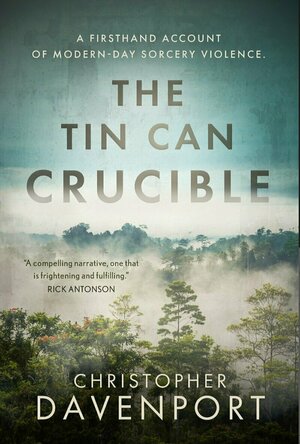
Head: 3D Real-time Human Anatomy
Medical and Education
App
Primal's 3D Real-time Human Anatomy app for the Head is the ultimate 3D interactive anatomy viewer...

evo Magazine | Supercar & performance car reviews
Lifestyle and Magazines & Newspapers
App
evo is the world’s premier performance car magazine. Every issue is packed with entertaining,...
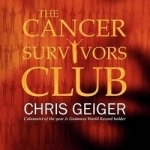
The Cancer Survivors Club
Book
The Cancer Survivors Club is a collection of truly inspirational, uplifting and assuring survival...
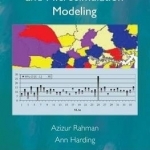
Small Area Estimation and Microsimulation Modeling
Book
Small Area Estimation and Microsimulation Modeling is the first practical handbook that...
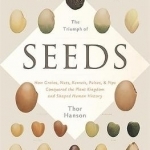
The Triumph of Seeds: How Grains, Nuts, Kernels, Pulses, and Pips, Conquered the Plant Kingdom and Shaped Human History
Book
Winner of the 2016 PNBA Book Award A finalist for the 2016 AAAS/Subaru SB&F Prize for Excellence in...

iAirQuality --Global Air Quality Index Pm2.5,pm10
Weather and Utilities
App
With this app you can promptly access tracking information for 5000+ major cities over 40+ major...

Green Building Illustrated
Francis D. K. Ching and Ian Shapiro
Book
Green Building Illustrated is a must-read for students and professionals in the building industry....

Rainwater Park: Stormwater Management and Utilization in Landscape Design
Book
Provides a definitive statement on stormwater management and rainwater recycling in urban park...
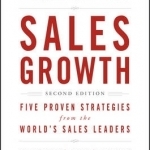
Sales Growth: Five Proven Strategies from the World's Sales Leaders
McKinsey & Company, Inc., Thomas Baumgartner, Homayoun Hatami and Maria Valdivieso de Uster
Book
The challenges facing today's sales executives and their organizations continue to grow, but so do...
ClareR (6067 KP) rated The Tin Can Crucible in Books
Dec 29, 2020
Even with all the detailed descriptions, I still felt it was difficult to imagine what life must have been like, living in one of these villages. It’s so far beyond my own experiences, that even with Christophers detailed explanations of village life, I couldn’t comprehend how these people lived. Huts with dirt on the floor, men and women aged before their time, no running water or, I assume, sewage systems. I’m a bit of a details person, and I’ve come to believe over the last 40 years or so, that toilets and running water are up there in my list of top priorities.
The real crux of this novel though, is the death of the elder - a man that Christopher gets along with very well, and had spoken to frequently. Then he dies. Whilst Christopher is sleeping, two women are imprisoned and accused of killing the elder using witchcraft. They are shut away together until one or the other turns the other woman in. If they don’t, then they both die. This was clearly a situation where someone was going to lose out. And by ‘lose out’, I mean ‘die’. Christopher is understandably upset by this - who can blame him? But at the same time, there’s nothing he can do. He’s in another country where this kind of behaviour, whilst not frequent, is accepted. You can feel his disappointment in his foster family radiating off the page, and also his helplessness. I couldn’t understand how he could stay with them though.
I think the real lesson for both the author and the reader, was that these were not people who could be changed. They were firmly entrenched in their own culture and beliefs.
Many thanks to The Pigeonhole and Christopher Davenport for serialising this informative and emotional memoir. This is what reading is about: learning something new, completely out of your own sphere of knowledge. This book certainly delivers on that.
